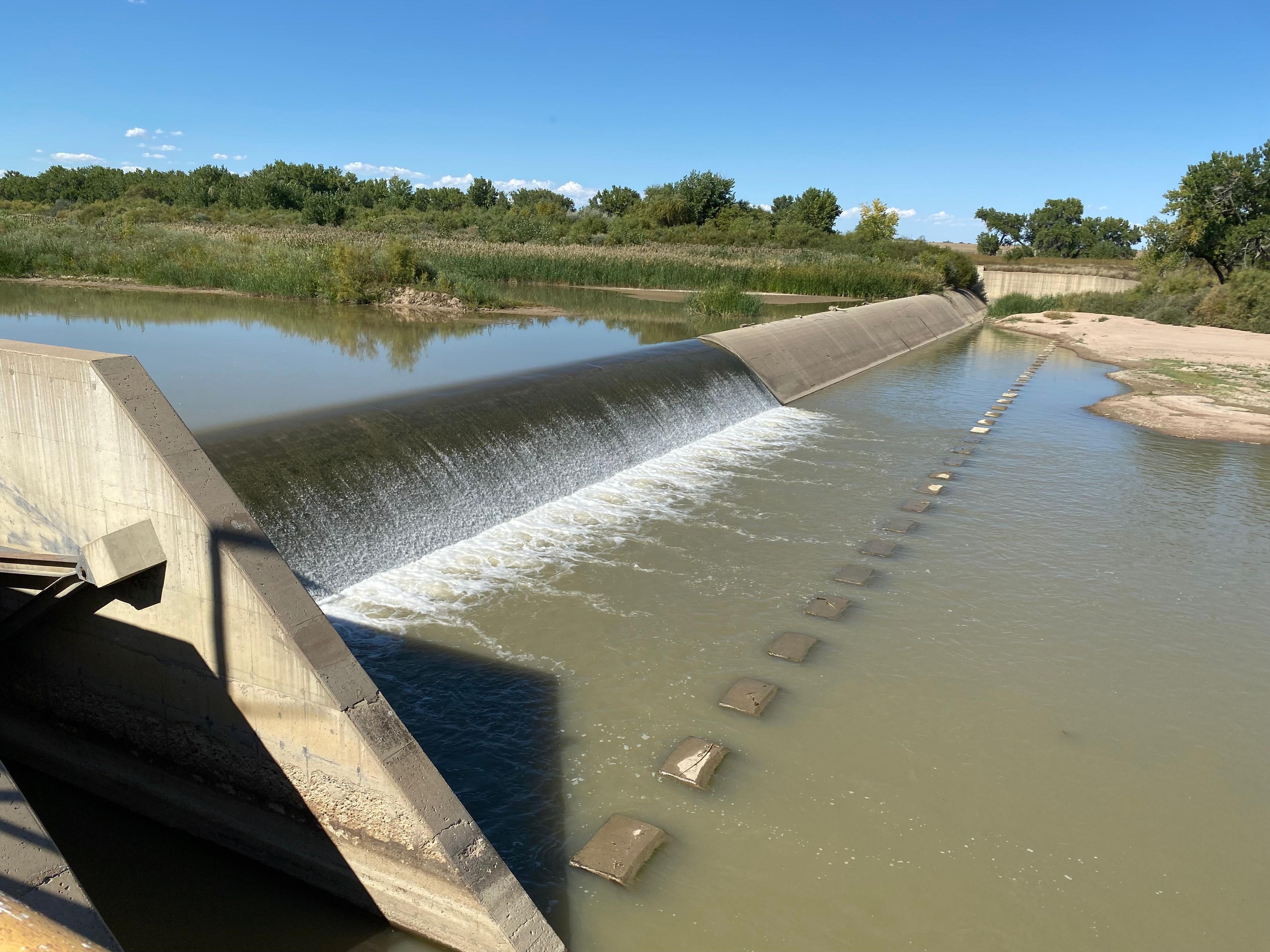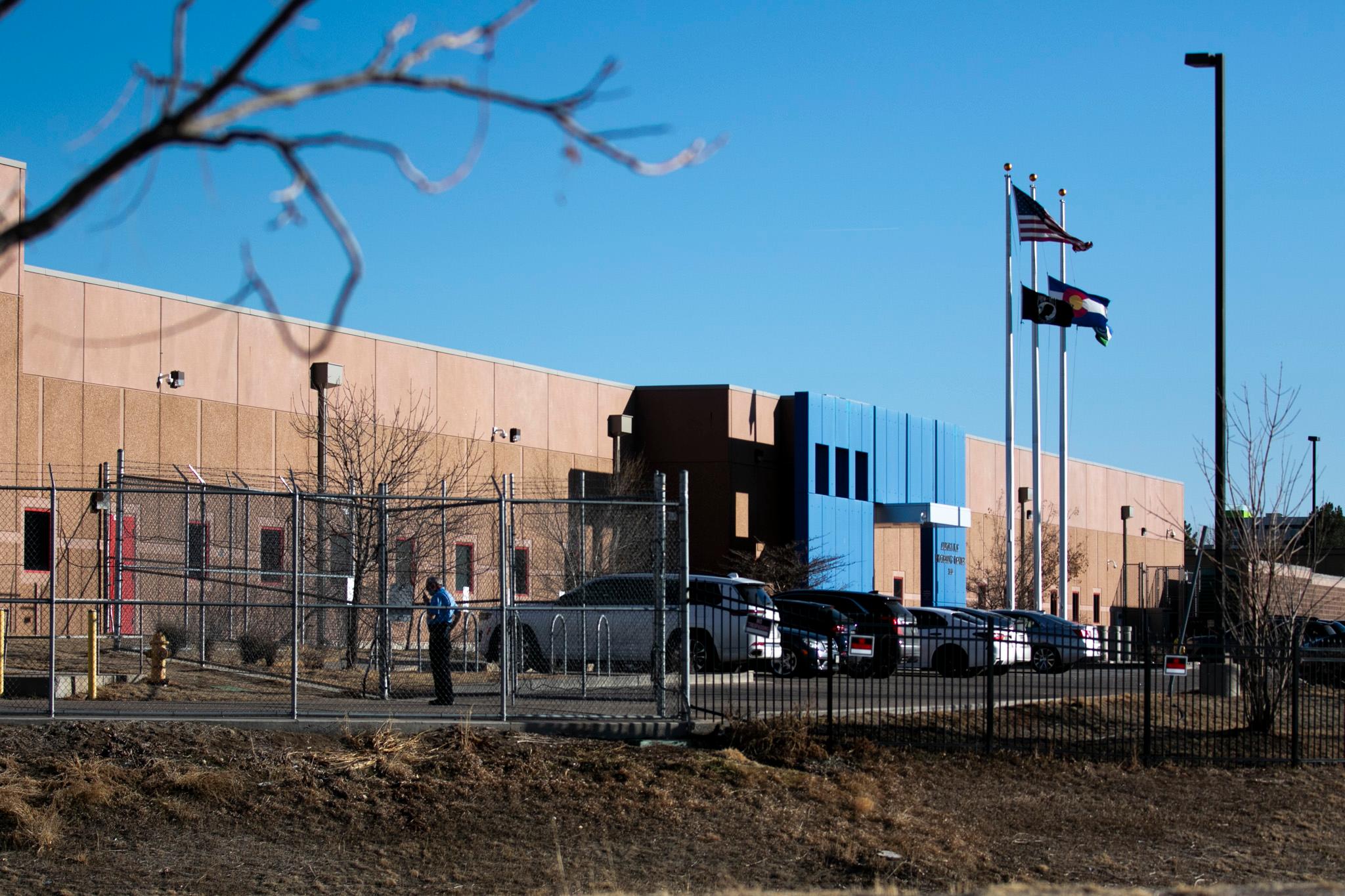
The city of Aurora’s recent purchase of a farm and its water rights in Otero County and its plan to move water north violates a previous agreement, according to a statement from the Southeastern Colorado Water Conservancy District. The district advocates for many Arkansas River users and manages infrastructure in the basin, much of which is related to the federal Fryingpan-Arkansas Project.
The recently closed $80.4 million real estate transaction included about 5,200 acres of land and the water used to irrigate 4,806 acres, according to the statement. The water rights mostly come through Catlin Ditch shares, as well as other water in the Arkansas Valley.
Aurora’s plan involves using the water three out of every 10 years and leasing it back to a farming operation during other years.
At issue for the district is what they say is a violation of a 2003 intergovernmental agreement or IGA underlying a contract that allows Aurora to use existing infrastructure in the federal Fryingpan-Arkansas Project to move water into the South Platte River Basin.
The IGA came about after Aurora purchased shares in the Rocky Ford Ditch for a second time and agreed to pay the district $25.5 million over 40 years to compensate for the loss of agricultural land. The IGA also said Aurora could lease water when its reservoirs were less than 60 percent full according to the district.
The Southeastern Water Conservancy District Board recently passed a resolution. According to a statement, the agency says these are the key points:
- The central purpose of the 2003 IGA is to prevent Aurora from purchasing any additional agricultural water rights and permanently transferring those rights out of the basin for permanent use.
- The provision in the agreement to transfer water when Aurora’s storage is below 60 percent refers to storage that was available in 2003, rather than additional storage Aurora may have gained since then or is contemplating building.
- The purchase of additional Arkansas River basin water rights to transfer out of the basin for municipal use in Aurora violates the 2003 IGA, and the Board urges Aurora to refrain from or cease all violations.
- The 2003 IGA is a foundational and beneficial document for the Arkansas River basin and in order to maintain regional cooperation and relationships with water rights owners and entities within the basin, both the District and Aurora must remain in compliance with the IGA.
The district has agreements with other water providers in the basin that are based on the 2003 IGA. That includes Colorado Springs Utilities, Pueblo Water, the Lower Arkansas Valley Water Conservancy District, the Upper Arkansas Water Conservancy District and the City of Fountain.
The Fryingpan-Arkansas Project diverts water from the Western Slope and brings it to the lower Arkansas River basin. It was authorized in 1962 and includes Lake Pueblo reservoir and the currently under construction Arkansas Valley Conduit, along with other infrastructure.
Regarding Aurora's recent purchase, “the Project absolutely is not being utilized for its original purpose," said board president Bill Long in the statement from the Southeastern Water Conservancy District. “It was this (the Arkansas River) basin who developed the project for the people of this basin. We have people asking, ‘Why are we diverting water out of our basin to build houses in Northern Colorado?’ So, we have issues in this basin we have to work through.”
Long said the district will defend the existing agreement and plans to meet with representatives from Aurora soon to discuss potential ways to resolve their concerns.
When reached for comment, a spokesperson with Aurora Water said the agency "looks forward to discussing their concerns," but that “(We) believe that the interpretation of the IGA by the SECWCD is not correct."
The meeting between Aurora Water and the SECWCD is expected to happen later this week.
- Many people on the Front Range depend on water from the Denver Basin. But the underground supply isn't infinite
- Southern Colorado property owners are starting to receive notices of illegal ponds. Here's why hundreds of them may need to go
- How do you slash a water treatment energy bill? A project in Pueblo will use water to make power too
- Finding underground water from 100 feet up in the air: How aerial sensing systems chart El Paso County's natural resources
- Work is (finally) underway on the long awaited pipeline to bring clean water to Southeastern Colorado
- Colorado Springs Utilities plans to share water with Eastern Plains farmers









